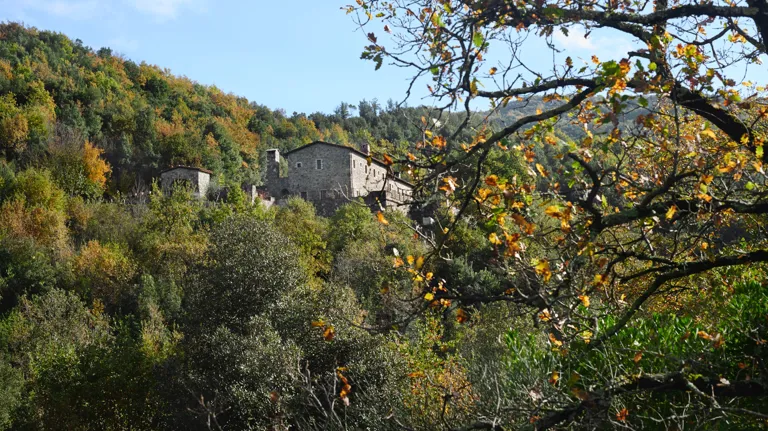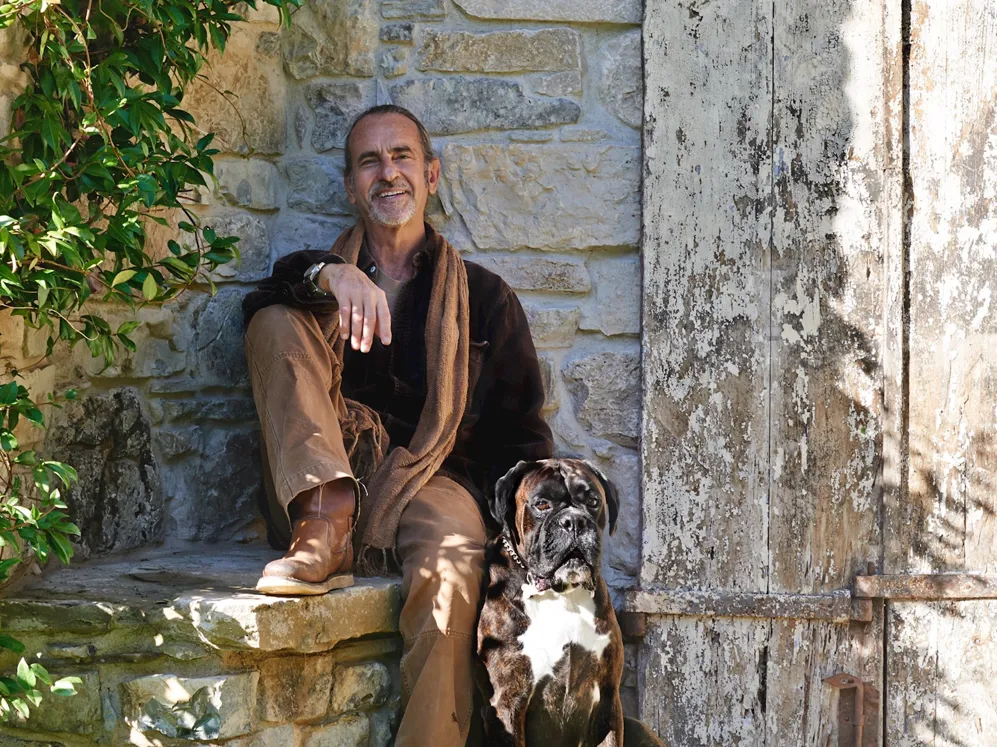
Words Ken BaronImages Carolin Saage
Marcello Murzilli has traveled to the edges of the earth, seen places very few humans have seen. But the places he falls in love with, the places he stays, are ones he first sees in his mind. His latest vision-made-real is Eremito Hotelito del Alma—a “little hotel of the soul” hewn out of a historic stone building on the edge of a vast forest preserve in the Umbrian hills. Eremito is a kind of homecoming for Murzilli. But it is also light years from where he began, and from the conventional wisdom that imagines a man’s career as a series of projects of increasing size, cost, and price.

Marcello Murzilli
At least four lives ago, a 20-year-old Murzilli was waiting tables in London when his older brother invited him to Mexico. Lacking a reason not to go, Murzilli went—and discovered a new world. He fell in love with the people, the culture, the food, the sunshine. He bottled that spirit in the fashion line he founded when he returned to Italy—which he called “El Charro” after the famously dashing Mexican cowboys. Young Italians loved the boots and jeans. The brand grew fast. By the time he was 40, Murzilli decided it was too much for him. So, he says, “I bought my freedom.” Freedom meant two years sailing the world in a restored wooden boat. “I saw so many places and hotels,” he says, “that I began to think that I wanted to create a hotel that doesn’t exist.”

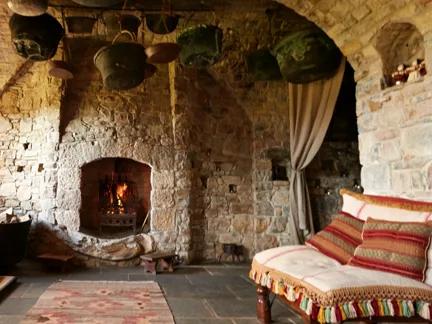
Murzilli found a spit of land near a nature preserve on Mexico’s Pacific Coast and went to work carving his first hotel out of the jungle. He called it Hotelito Desconocido: it was the first luxury hotel in the world without electricity; it was one of the first eco-lodges in Latin America; it was, he says, “a crazy idea.” Soon it was also one of the most exclusive destinations in the world. “The jungle is like a net that keeps things out,” Murzilli says. But it could not keep him in forever.
“My curiosity is very strong,” Murzilli says. “I always want to make a new idea. What is the new path?” The new path took him home to Italy, and to Umbria, the historic center of Italy’s monastic tradition. “It was not important to me to make a ‘nice hotel,’” Murzilli explains. “Lots of people know how to make nice hotels.” Instead, he wanted to imagine a new concept of luxury.
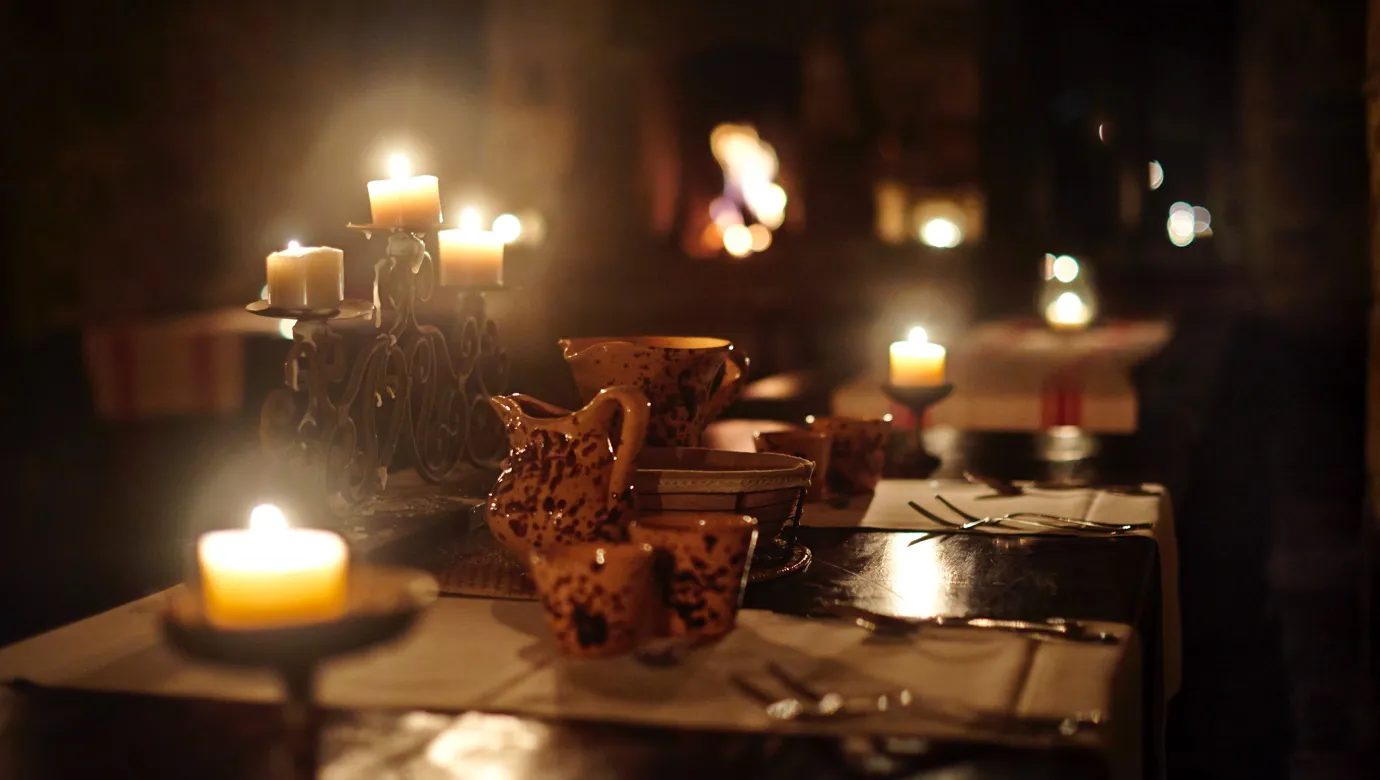
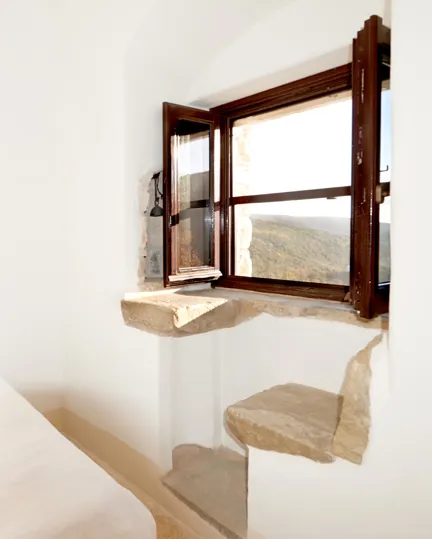
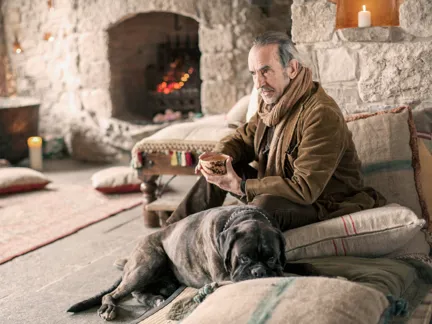
Eremito is the result. It is perhaps the world’s first hotel, Murzilli says, with only solo rooms. The experience is designed for single travelers, but not in the sense of a singles cruise. “There is a great need for ways to be alone, to find the space and silence to enjoy the beauty of living.” This is the core of the idea of luxury Murzilli has built in Eremito: spirituality for a world in which material things are not enough.
Elements of the monastic tradition are alive. Meals are vegetarian, made with produce grown locally. And Eremito is disconnected from the world’s saturating media cultures, to make it possible to get connected in other ways, to other things. But at the same time, Eremito is definitively not about restriction and asceticism. There is no guru, no set method. Instead, its gospel is the gospel of joy in living—and that is the greatest luxury in the world.
